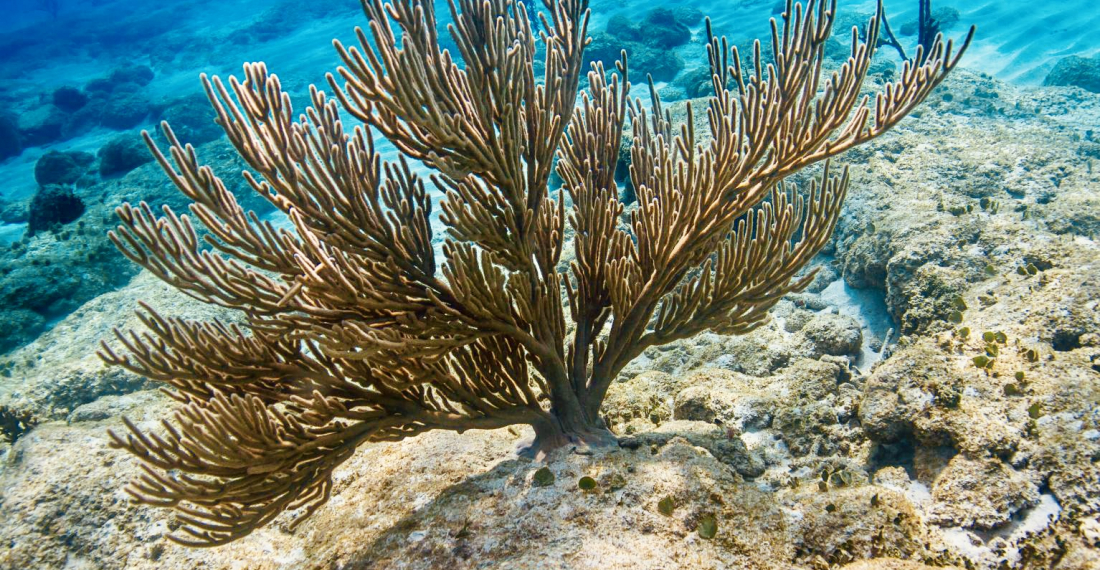In dozens of different places off Europe's Atlantic coast, fishermen with fishing gear towed along the seabed are no longer welcome. The European Commission has closed different places to them to protect fish and other marine life there.
Fishermen are no longer allowed to cast their bottom nets in 87 sensitive zones along the coast of Ireland, France, Spain, and Portugal. These are areas where the ocean is between 400 and 800 metres deep. Bottom fishing in deeper water has already been banned in those parts of the Atlantic since 2016.
The aim of the new regulations is to protect 57 fragile ocean ecosystems.
European Commissioner for the Environment, Oceans and Fisheries, Virginijus Sinkevičius, said:
Our oceans and fisheries depend on healthy marine ecosystems. By closing 17% of the area between 400-800 meters depth of EU waters of the North-East Atlantic to bottom fishing gears, we are delivering on our commitment to protect and restore marine life and after 4 years we finally implement one of the key provisions of the Deep-Sea Access Regulation. It is our duty to our society, to the future generations and in particular to those whose livelihood depend on marine resources. I am grateful for the commitment and efforts made by the fisheries sector to accompany this new chapter of ocean conservation.
The Commission is closing a total of 16,419 square kilometres of sea to such fishing. This represents 1.16% of the EU waters of the North-East Atlantic. The closures concern vessels equipped with bottom gears, meaning bottom trawls, dredges, bottom-set gill nets, bottom-set longlines, pots and traps. Among other things, the measure should help endangered cold-water coral reefs recover.







